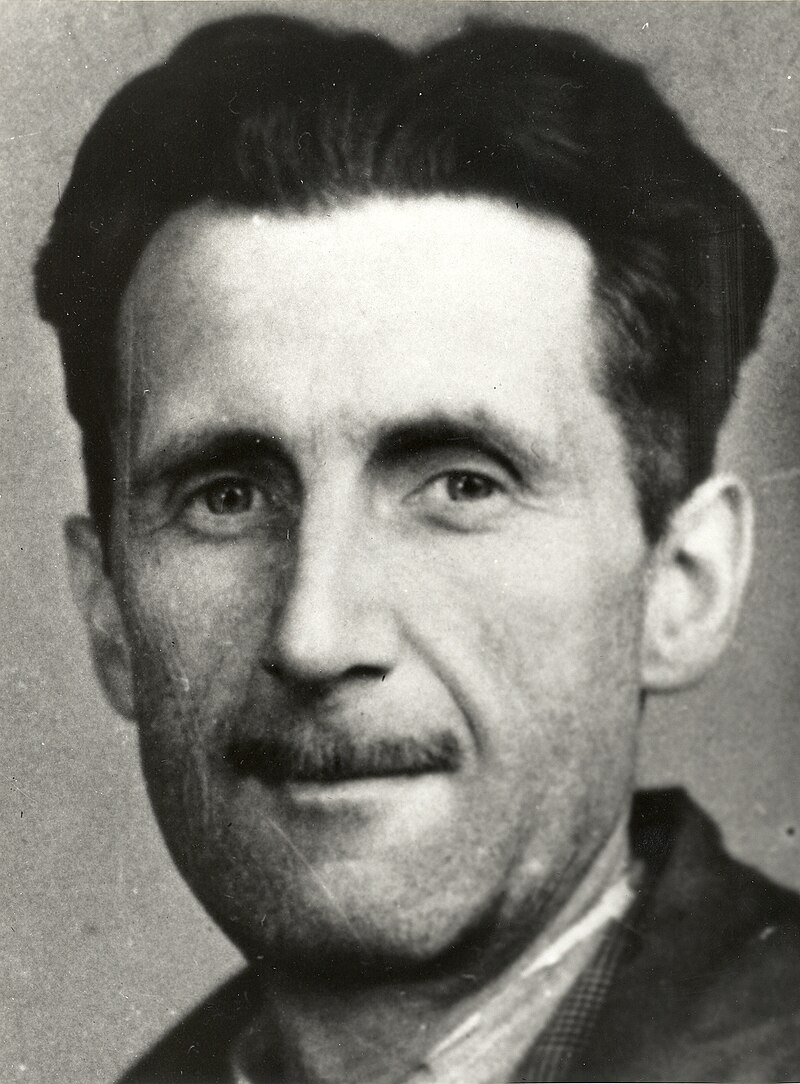Overview:
The novel "1984" was written by George Orwell, the pseudonym of Eric Arthur Blair. Distributed in 1949, "1984" is a fundamental work of tragic fiction that investigates subjects of tyranny, reconnaissance, and independence. Orwell's novel is set in a horrid future where an extremist system, driven by the Party and its chief elder sibling, applies full oversight over each part of life.

Orwell was brought into the world on June 25, 1903, at Motihari, India, and he experienced childhood in Britain. His encounters as a pioneer cop in Burma and his political commitment during the Spanish Nationwide Conflict essentially impacted his perspectives and works. Orwell was a keen pundit of authoritarian systems, and his encounters and perceptions gave the establishment to his study of abusive states in "1984."
In "1984," the hero, Winston Smith, lives in Oceania, one of three superstates unendingly at war. The Party utilizes broad reconnaissance, publicity, and mental control to keep up with power. The Idea Police screen residents' considerations, and The Service of Truth changes authentic records to fit the Party's story. Winston's battle to find truth and uniqueness in the midst of the Party's unavoidable control shapes the center of the book.
Orwell's "1984" is acclaimed for its sharp critique of the risks of autocracy and the disintegration of truth and opportunity. Ideas like "older sibling," "doublethink," and "newspeak" have entered the dictionary as images of state reconnaissance and manipulative political manner of speaking. The clever's chilling vision of an existence where decisive ideas are smothered and individual independence is decimated stays important in conversations about legislative impropriety and common freedoms.
George Orwell's "1984" keeps on being a strong and provocative work, encouraging perusers to stay careful about the safeguarding of opportunity and truth in the public eye. It remains an unmistakable advance notice against the dangers of outright power and the deficiency of individual privileges.
Read more: Who was the first woman to win a Nobel Peace Prize